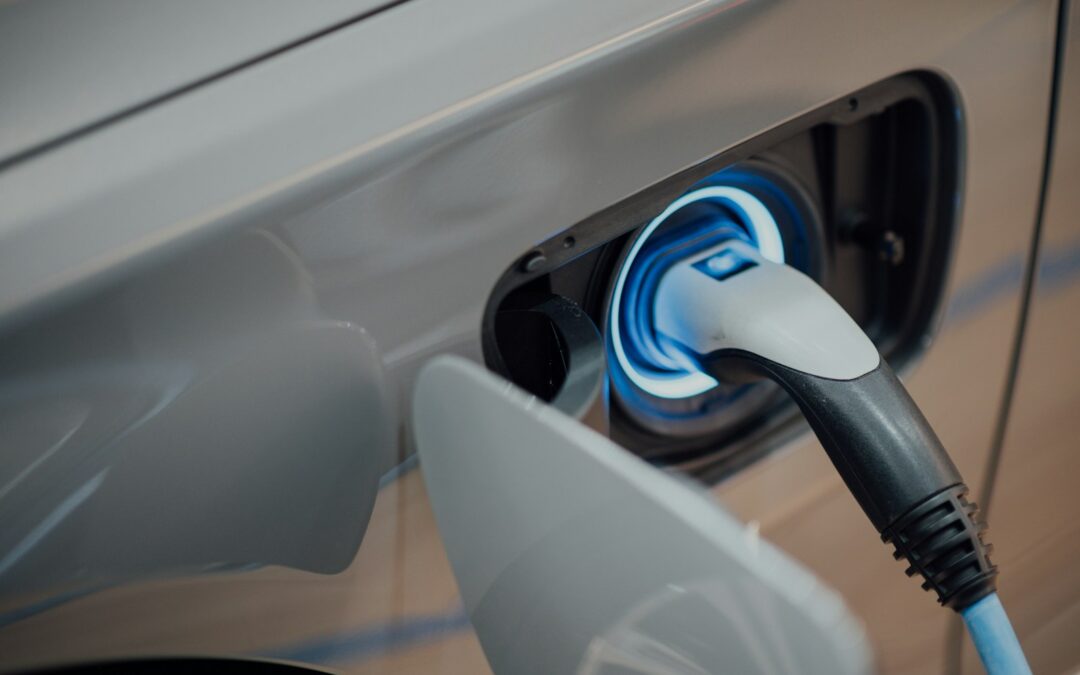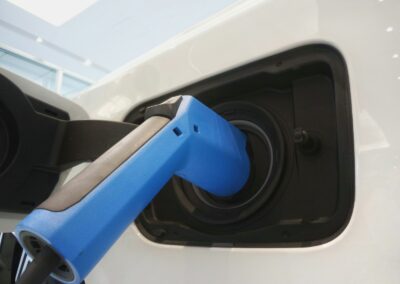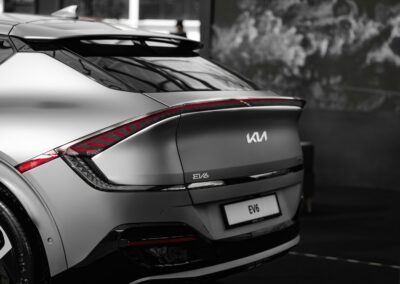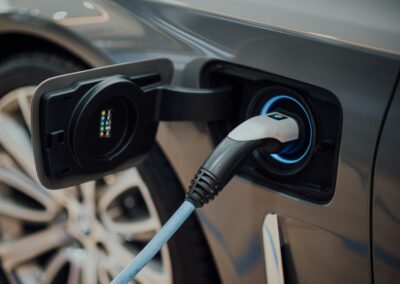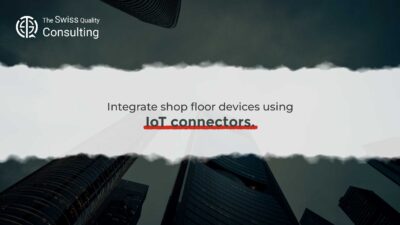Enhancing EV Charging Networks through Standardization
The Need for Standardization in EV Charging Infrastructure
Standardizing charging connectors and protocols is crucial for facilitating seamless interactions between various EV models and charging stations. This need is particularly evident in progressive urban centers like Riyadh and Dubai, where the adoption of EVs is accelerating. Without standardization, the diversity in charging connectors and protocols can lead to compatibility issues, inconveniencing EV owners and hampering the efficiency of charging networks.
In Saudi Arabia and the UAE, where governments are committed to advancing sustainable transportation, standardization can significantly enhance the user experience. By ensuring that all EVs can use any available charging station, standardization removes a significant barrier to EV adoption. This convenience is vital for promoting the widespread use of electric vehicles and achieving national sustainability goals. Moreover, it simplifies the infrastructure development process, allowing for a more streamlined and cost-effective rollout of charging stations.
The implementation of standardized charging protocols also supports the integration of advanced technologies like Artificial Intelligence (AI) and Blockchain. AI can optimize charging schedules and predict maintenance needs, while Blockchain can provide secure and transparent energy transactions. Standardized protocols ensure these technologies can be uniformly applied across all charging stations, maximizing their efficiency and reliability. This technological synergy is essential for the modern urban ecosystems of Riyadh and Dubai, where innovation drives economic and environmental progress.
Interoperability: A Key to Efficient EV Charging Networks
Interoperability, facilitated by the standardization of charging connectors and protocols, is a cornerstone of efficient EV charging networks. It ensures that EV owners can charge their vehicles at any station, regardless of the manufacturer. This universality is crucial in cities like Riyadh and Dubai, where the urban landscape is continuously evolving, and the mobility needs of residents are diverse. Interoperable networks reduce the fragmentation of charging infrastructure, creating a cohesive and user-friendly environment for EV users.
For business executives and entrepreneurs in Saudi Arabia and the UAE, the benefits of interoperability extend beyond convenience. It fosters a competitive market for charging services, encouraging innovation and improving service quality. By removing barriers to entry, standardization allows new players to participate in the market, driving down costs and enhancing the overall service offering. This competitive dynamic is essential for the sustainable growth of the EV sector in the region.
Furthermore, interoperability enhances the scalability of EV charging networks. As the demand for EVs increases, standardized connectors and protocols enable a swift and efficient expansion of the charging infrastructure. This scalability is critical for meeting the future needs of rapidly growing urban populations in Riyadh and Dubai. It ensures that the charging network can adapt to the increasing number of EVs on the road, maintaining its efficiency and reliability.
Leadership and Change Management in Driving Standardization
The successful standardization of EV charging connectors and protocols requires strong leadership and effective change management. Business leaders and government officials in Saudi Arabia and the UAE must champion this initiative, promoting collaboration among stakeholders and driving policy changes. Executive coaching services can equip leaders with the skills needed to manage this complex transformation. By focusing on leadership and management skills, coaching can help leaders navigate the challenges of standardization and foster a culture of innovation and adaptability.
Change management strategies are crucial for aligning the efforts of various stakeholders, including manufacturers, service providers, and regulatory bodies. Clear communication, stakeholder engagement, and continuous support are essential for overcoming resistance and ensuring a smooth transition to standardized protocols. In the dynamic business environments of Riyadh and Dubai, effective change management can significantly enhance the success of standardization initiatives.
Management consulting firms can provide valuable expertise in developing and implementing standardization strategies. Consultants can assist in conducting feasibility studies, developing regulatory frameworks, and designing efficient processes for rollout. This professional support ensures that the standardization efforts are comprehensive and aligned with broader national goals. By leveraging the expertise of consultants, Saudi Arabia and the UAE can effectively standardize their EV charging infrastructure, promoting interoperability and enhancing the user experience.
#EVCharging #Standardization #Interoperability #SaudiArabia #UAE #Riyadh #Dubai #AI #Blockchain #BusinessSuccess #ManagementConsulting #ExecutiveCoaching

